- Home
- Books
- Categories
- Fiction
- Historical Fiction
- The Strong Horse - Power, Politics, and the Clash of Arab Civilizations
The Strong Horse - Power, Politics, and the Clash of Arab Civilizations
By: Lee Smith
-
Rs 1,083.75
- Rs 1,275.00
- 15%
You save Rs 191.25.
Due to constant currency fluctuation, prices are subject to change with or without notice.
Seeking the motivation behind the September 11 attacks, Smith moved to Cairo, where he discovered that the standard explanation—a clash of East and West—was simply not the case. Middle East conflicts have little to do with Israel, the United States, or the West in general, but are endemic to the region. According to Smith’s “Strong Horse Doctrine,” the Arab world naturally aligns itself with strength, power, and violence. He argues that America must be the strong horse in order to reclaim its role there, and that only by understanding the nature of the region’s ancient conflicts can we succeed.
Smith details the three-decades-long relationship between Egyptian President Hosni Mubarak and the United States, and gives a history of the Muslim Brotherhood, which would likely play an important role in the formation of a new government in Egypt. He also discusses Lebanon, where tipping the balance against Hezbollah in favor of pro-democracy, pro-US forces has become imperative, as a special tribunal investigates the assassination of former Lebanese Prime Minister Rafiq Hariri.
Seeking the motivation behind the September 11 attacks, Smith moved to Cairo, where he discovered that the standard explanation—a clash of East and West—was simply not the case. Middle East conflicts have little to do with Israel, the United States, or the West in general, but are endemic to the region. According to Smith’s “Strong Horse Doctrine,” the Arab world naturally aligns itself with strength, power, and violence. He argues that America must be the strong horse in order to reclaim its role there, and that only by understanding the nature of the region’s ancient conflicts can we succeed.
Smith details the three-decades-long relationship between Egyptian President Hosni Mubarak and the United States, and gives a history of the Muslim Brotherhood, which would likely play an important role in the formation of a new government in Egypt. He also discusses Lebanon, where tipping the balance against Hezbollah in favor of pro-democracy, pro-US forces has become imperative, as a special tribunal investigates the assassination of former Lebanese Prime Minister Rafiq Hariri.
The Strong Horse - Power, Politics, and the Clash of Arab Civilizations
By: Lee Smith
Rs 1,083.75 Rs 1,275.00 Ex Tax :Rs 1,083.75
Zubin Mehta: A Musical Journey (An Authorized Biography)
By: VOID - Bakhtiar K. Dadabhoy
Rs 892.50 Rs 1,050.00 Ex Tax :Rs 892.50
The Origins of Political Order From Prehuman Times to the French RevolutioN
By: Francis Fukuyama
Rs 4,045.50 Rs 4,495.00 Ex Tax :Rs 4,045.50
Reset: How This Crisis Can Restore Our Values and Renew America
By: Kurt Andersen
Rs 450.00 Rs 500.00 Ex Tax :Rs 450.00
How To Win A Cosmic War God Globalization And The End Of War
By: Reza Aslan
Rs 625.50 Rs 695.00 Ex Tax :Rs 625.50
Game Change Obama And The Clintons McCain And Palin And The Race Of A Lifetime
By: John Heilemann
Rs 715.50 Rs 795.00 Ex Tax :Rs 715.50
Made to Stick: Why Some Ideas Take Hold and Others Come Unstuck
By: Chip Heath & Dan Heath
Rs 2,695.50 Rs 2,995.00 Ex Tax :Rs 2,695.50
No similar books from this author available at the moment.
Superman/Tarzan: Sons of the Jungle - Paperback
By: Chuck Dixon
Rs 1,100.75 Rs 1,295.00 Ex Tax :Rs 1,100.75
Wildsmith: City of Secrets The Wildsmith #2
By: Liz Flanagan
Rs 2,155.50 Rs 2,395.00 Ex Tax :Rs 2,155.50
Our World in Pictures - Countries, Cultures, People and Places
By: DK
Rs 3,415.50 Rs 3,795.00 Ex Tax :Rs 3,415.50
Miles Morales: Stranger Tides (Original Spider-Man Graphic Novel)
By: Justin A. Reynolds
Rs 3,235.50 Rs 3,595.00 Ex Tax :Rs 3,235.50
Spidey and His Amazing Friends Super Hero Hiccups (World of Reading)
By: Disney Books
Rs 1,525.50 Rs 1,695.00 Ex Tax :Rs 1,525.50
New Spring: A Wheel of Time Prequel (soon to be a major TV series)
By: Robert Jordan
Rs 2,035.75 Rs 2,395.00 Ex Tax :Rs 2,035.75
Destined to Fail - Democracy and State Buildings Experiment in Post-Taliban Afghanistan
By: Saira Aquil
Rs 1,015.75 Rs 1,195.00 Ex Tax :Rs 1,015.75
Poems of Healing Everymans Library POCKET POETS
By: Karl Kirchwey
Rs 2,695.50 Rs 2,995.00 Ex Tax :Rs 2,695.50
Zubin Mehta: A Musical Journey (An Authorized Biography)
By: VOID - Bakhtiar K. Dadabhoy
Rs 892.50 Rs 1,050.00 Ex Tax :Rs 892.50
The Strong Horse - Power, Politics, and the Clash of Arab Civilizations
By: Lee Smith
Rs 1,083.75 Rs 1,275.00 Ex Tax :Rs 1,083.75












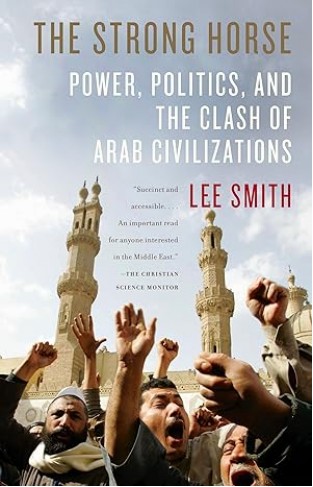
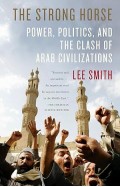
-120x187.jpg?q6)





-120x187.jpg?q6)
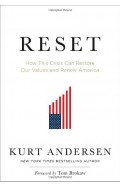

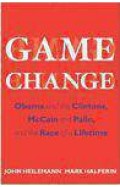
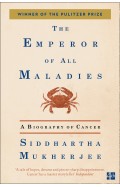
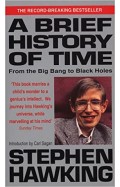

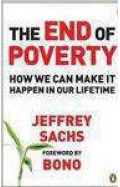
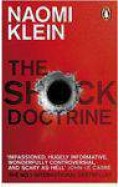



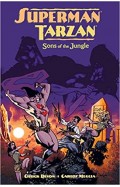

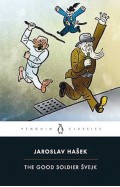
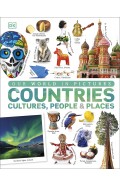


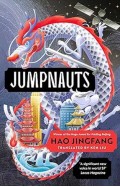
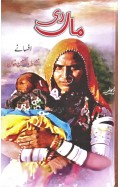




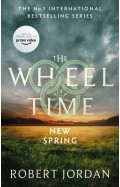



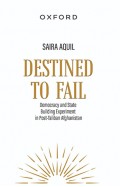

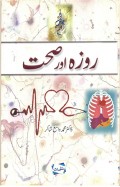
-120x187.jpg?q6)



